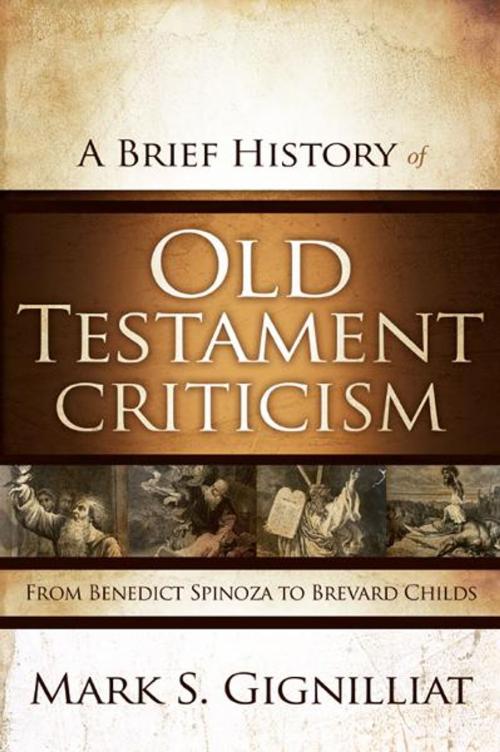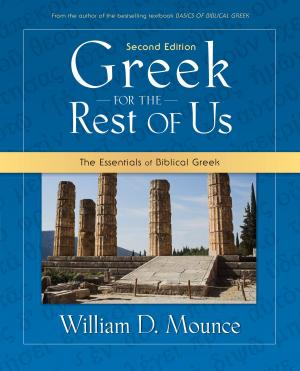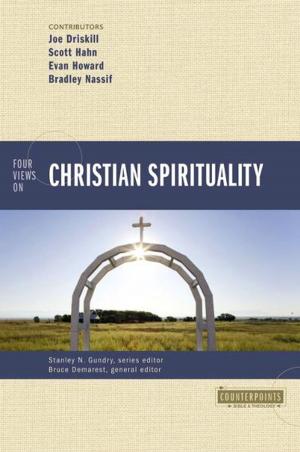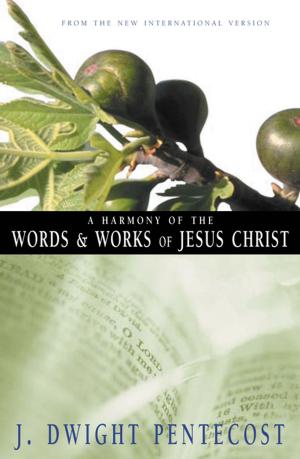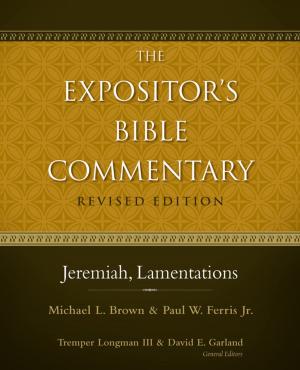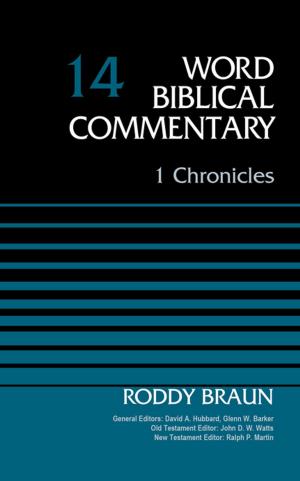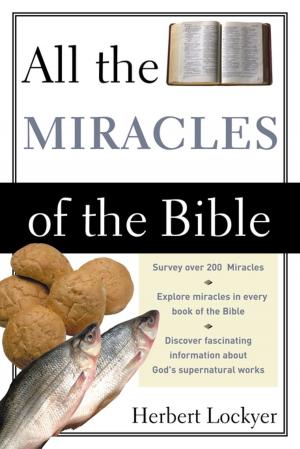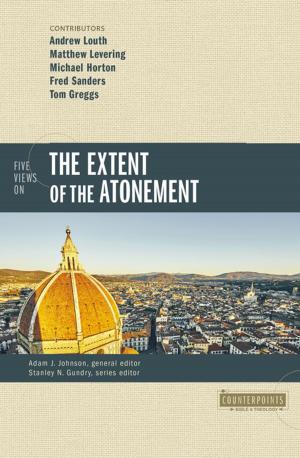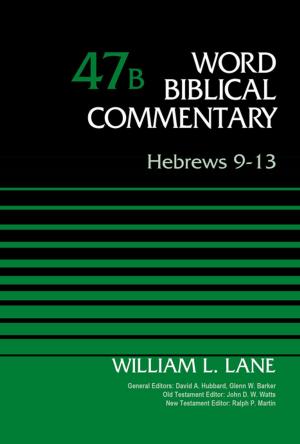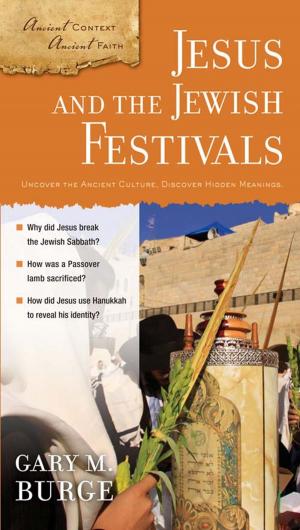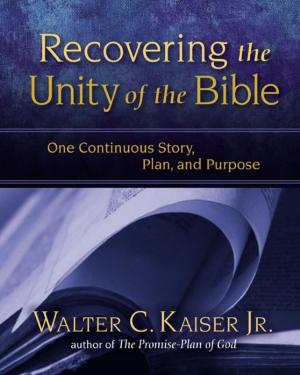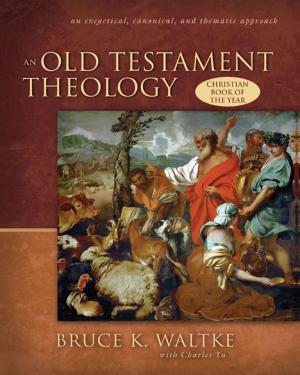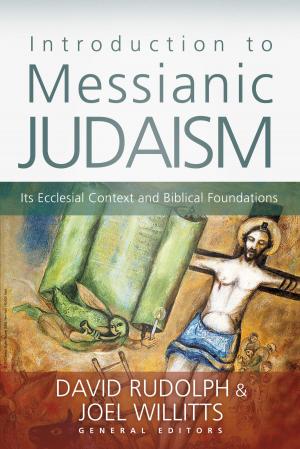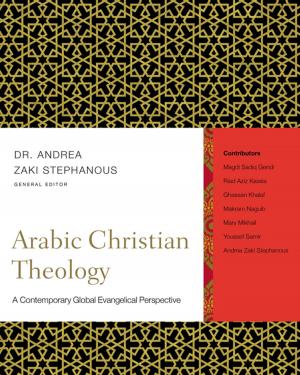A Brief History of Old Testament Criticism
From Benedict Spinoza to Brevard Childs
Nonfiction, Religion & Spirituality, Bible & Bible Studies, Old Testament, Criticism & Interpretation, Study| Author: | Mark S. Gignilliat | ISBN: | 9780310589679 |
| Publisher: | Zondervan Academic | Publication: | June 5, 2012 |
| Imprint: | Zondervan Academic | Language: | English |
| Author: | Mark S. Gignilliat |
| ISBN: | 9780310589679 |
| Publisher: | Zondervan Academic |
| Publication: | June 5, 2012 |
| Imprint: | Zondervan Academic |
| Language: | English |
Old Testament interpretation developed as theologians and scholars proposed critical theories over time. These figures contributed to a large, developing complex of ideas and trends that serves as the foundation of contemporary discussions on interpretation. Mark Gignilliat brings these figures and their theories together in Critically Engaged: A Brief History of Old Testament Criticism in the Modern Era. His discussion is driven by influential thinkers such as Baruch Spinoza and the critical tradition, Johann Semler and historical criticism, Hermann Gunkel and romanticism, Gerhard von Rad and the tradition-historical approach, Brevard Childs and the canonical approach, and more. This concise overview is ideal for classroom use as it provides a working knowledge of the major critical interpreters of the Old Testament, their approach to the subject matter, and the philosophical background of their approaches. Further reading lists direct readers to additional resources on specific theologians and theories. This book will serve as a companion to the forthcoming textbook Believing Criticism by Richard Schultz.
Old Testament interpretation developed as theologians and scholars proposed critical theories over time. These figures contributed to a large, developing complex of ideas and trends that serves as the foundation of contemporary discussions on interpretation. Mark Gignilliat brings these figures and their theories together in Critically Engaged: A Brief History of Old Testament Criticism in the Modern Era. His discussion is driven by influential thinkers such as Baruch Spinoza and the critical tradition, Johann Semler and historical criticism, Hermann Gunkel and romanticism, Gerhard von Rad and the tradition-historical approach, Brevard Childs and the canonical approach, and more. This concise overview is ideal for classroom use as it provides a working knowledge of the major critical interpreters of the Old Testament, their approach to the subject matter, and the philosophical background of their approaches. Further reading lists direct readers to additional resources on specific theologians and theories. This book will serve as a companion to the forthcoming textbook Believing Criticism by Richard Schultz.
